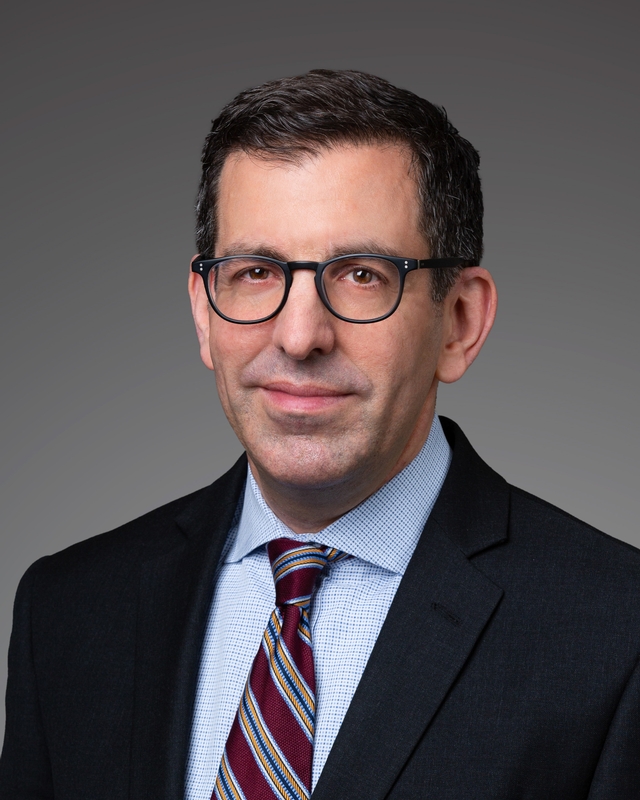News

07/07/14 | Articles and TV
Qui Tam Troubles, Part IV: Does New York Have the Answer?
Published in: taxnotes
This is the final article in a series on qui tam suits. The first two discussed suits in Illinois that have generated national discussion regarding potential abuses of state false claims acts that extend to taxes. The third article shared a practitioner's thoughts on qui tam and whistleblower statutes generally. This article discusses New York's approach to tax fraud suits, which is being heralded as a possible model for both state and federal regimes.
Randall Fox is the former bureau chief of the New York attorney general's Taxpayer Protection Bureau, which enforces the state's expanded False Claims Act and works with whistleblowers filing qui tam cases. Before he moved into private practice at Kirby McInerney LLP in April, Fox's responsibilities included handling New York's nearly $400 million sales tax case against Sprint Nextel Corp.
But Fox is no stranger to big-ticket False Claims Act cases. Before the creation of the Taxpayer Protection Bureau in 2011, Fox worked in the AG's Medicaid fraud unit, where he represented New York in its False Claims Act case against pharmaceutical giant Merck & Co. The government argued that it was defrauded when it paid Merck for prescriptions for the pain medication Vioxx after the company allegedly misrepresented the dangers the drug posed to users; the case settled nationwide for $980 million.
Fox says states should follow New York's example and apply their false claims acts to alleged tax fraud. While a series of qui tam tax suits in Illinois is dominating national discussion regarding potential abuses of state false claims acts that extend to taxes, whistleblowers and their advocates have praised New York's approach as a possible model for both state and federal lawmakers. Fox said the qui tam process is important because it enables the government to leverage the assistance of insiders with knowledge about tax fraud perpetrated at the highest levels.
“Financial incentives are essential to encouraging whistleblowers to disclose corporate fraud that otherwise might go undetected by the government,” Fox said. It's not easy to be a whistleblower, “so there has to be a reward to encourage people to take that step,” he said. In addition to treble damages for those found guilty of fraud in a False Claims Act case, whistleblowers in New York suits can receive up to 25 percent of any revenue collected by the state as a result of the information they provide. “It's basic capitalism, really, to use a whistleblower's profit motive to fight against a tax cheat's profit motive,” Fox said.
The full text of the article can be viewed here.
Randall Fox is the former bureau chief of the New York attorney general's Taxpayer Protection Bureau, which enforces the state's expanded False Claims Act and works with whistleblowers filing qui tam cases. Before he moved into private practice at Kirby McInerney LLP in April, Fox's responsibilities included handling New York's nearly $400 million sales tax case against Sprint Nextel Corp.
But Fox is no stranger to big-ticket False Claims Act cases. Before the creation of the Taxpayer Protection Bureau in 2011, Fox worked in the AG's Medicaid fraud unit, where he represented New York in its False Claims Act case against pharmaceutical giant Merck & Co. The government argued that it was defrauded when it paid Merck for prescriptions for the pain medication Vioxx after the company allegedly misrepresented the dangers the drug posed to users; the case settled nationwide for $980 million.
Fox says states should follow New York's example and apply their false claims acts to alleged tax fraud. While a series of qui tam tax suits in Illinois is dominating national discussion regarding potential abuses of state false claims acts that extend to taxes, whistleblowers and their advocates have praised New York's approach as a possible model for both state and federal lawmakers. Fox said the qui tam process is important because it enables the government to leverage the assistance of insiders with knowledge about tax fraud perpetrated at the highest levels.
“Financial incentives are essential to encouraging whistleblowers to disclose corporate fraud that otherwise might go undetected by the government,” Fox said. It's not easy to be a whistleblower, “so there has to be a reward to encourage people to take that step,” he said. In addition to treble damages for those found guilty of fraud in a False Claims Act case, whistleblowers in New York suits can receive up to 25 percent of any revenue collected by the state as a result of the information they provide. “It's basic capitalism, really, to use a whistleblower's profit motive to fight against a tax cheat's profit motive,” Fox said.
The full text of the article can be viewed here.
Subscribe

